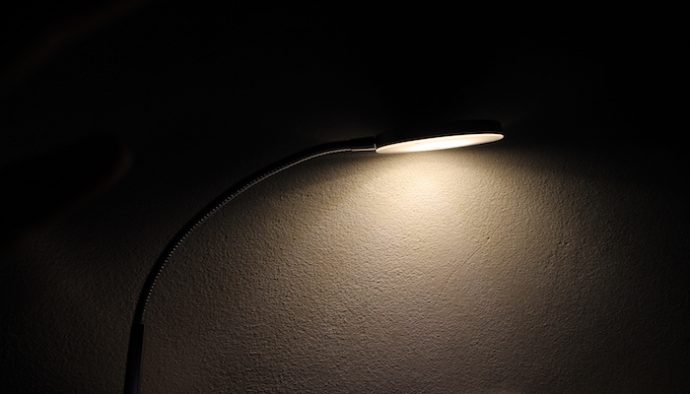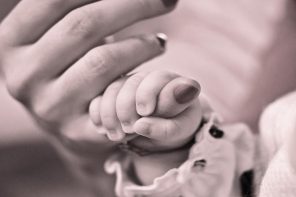I am a white male. I am married to a white female. We have three white children. We have lived primarily in small towns and suburbs – areas in which we have always been the majority.
In raising our kids, we have talked together about Martin Luther King, Jr., Rosa Parks, and William Wilberforce. We have read books that highlight the evils of racism and the struggles of the past. We have tried to celebrate and love diversity. And today I am convinced that this is not enough.
That’s because I am realizing, to my shame, that I have treated issues of racial injustice with assumption. I am realizing that I have assumed that this battle has been fought, been largely won, and we are living in times that are “post” those days. But instead, I am seeing freshly not just in the last week but for the last few years that the same hatred, prejudice, and evil that prompted marches and violence in the past is still there. It’s just below the surface.
And I have struggled, for some time, what to say about this. What to write about this. I have struggled because I know that my personal platform is not that large, and because I think it’s an act of hubris to assume that someone – somewhere – is sitting around waiting to hear or read what I think about a particular issue or circumstance. And at the same time, I see that “silence” is not really an option on some matters, because silence is tantamount with either agreement or disagreement. That, and sometimes you just need to say or write something because it’s the right thing to do.
Racism is not just wrong; it is evil. It is a fundamental denial of the basic truth of our existence, that we are all created in the image of God, and that God is redeeming a gloriously diverse people with the power of the gospel. It is evil not only because it denies where we’ve come from, but also where we are going. That is, that we are going to an eternity spent together in all our various shades of color, all united not by our external appearance but instead by our worship and submission to the Lord Jesus Christ.
That is not just what I think; that is what I know. And yet even writing it down prompts me, and perhaps you as well, to internally acknowledge something like this:
That’s all well and good, Michael. That’s what you think. But what are you going to do? You, who still live in the suburbs? You who still are the majority? You who have the luxury of stating truths that, at this point, cost you very little? What are you going to do?
I do not fully know the answer to that question, although as a parent, I think it at least must be this:
I, as a white man, must talk to my white children about the tragic and unjust death of George Floyd.
I must recognize that while my voice in the world might be small, my voice in the home is large. And I must not allow my children to live under the assumption that racial injustice is a thing of the past, something we read about in historical fiction or see on the screen in emotionally moving films. It is so much closer than that, and they must know it.
They must know it so that they do not live under the assumption that I have lived in for so long. They must know that there is real hatred and real prejudice in the world and that such things do not square in any way to the gospel. They must know it so that they begin to see that this fight is all our fight, not because we are cultural warriors but because we are Christians.
In that conversation, I must tell them the truth: That I will likely never know what it’s like to fear whether or not my kids can go for a walk or a run in our neighborhood. That I won’t know what it’s like to wonder if it’s okay to drop them off at a park to play basketball. That I won’t know what it’s like to tell them that they should always trust those in uniform to do the right thing if they are telling the truth. I won’t know what that’s like, and similarly, they will likely never know what it’s like to have those same fears.
And perhaps, if they do not know what it’s like, and yet they know there are a host of other children and teenagers, not unlike them, who live with these same worries and anxieties on a daily basis, then maybe the battle front we can fight on first and foremost is in our home. A battle against assuming that the battle has been won.
In our home, we can tell them that this is not the only battle, but one of many that remain for us as Christians. They can grow to know that they can act, in big and small ways, in confidence because even though there are battles to fight, the war has been won. Jesus, and His goodness, grace, righteousness, and boundless love will prevail. He will fix this.
Even this.
Please, parents. Especially white parents. Have this conversation. Do not let your children live in assumption any longer. Use your voice in your home. It will not be perfect. But it will be important.
Subscribe to MichaelKelley.co
Never miss a new post. Subscribe to receive these posts in your inbox and to receive information about new discipleship resources.






1 Comment